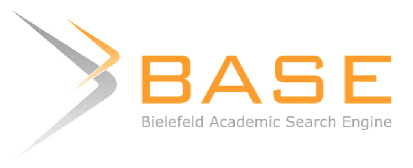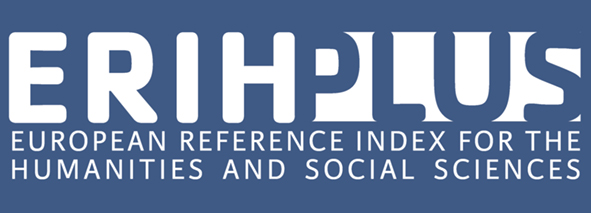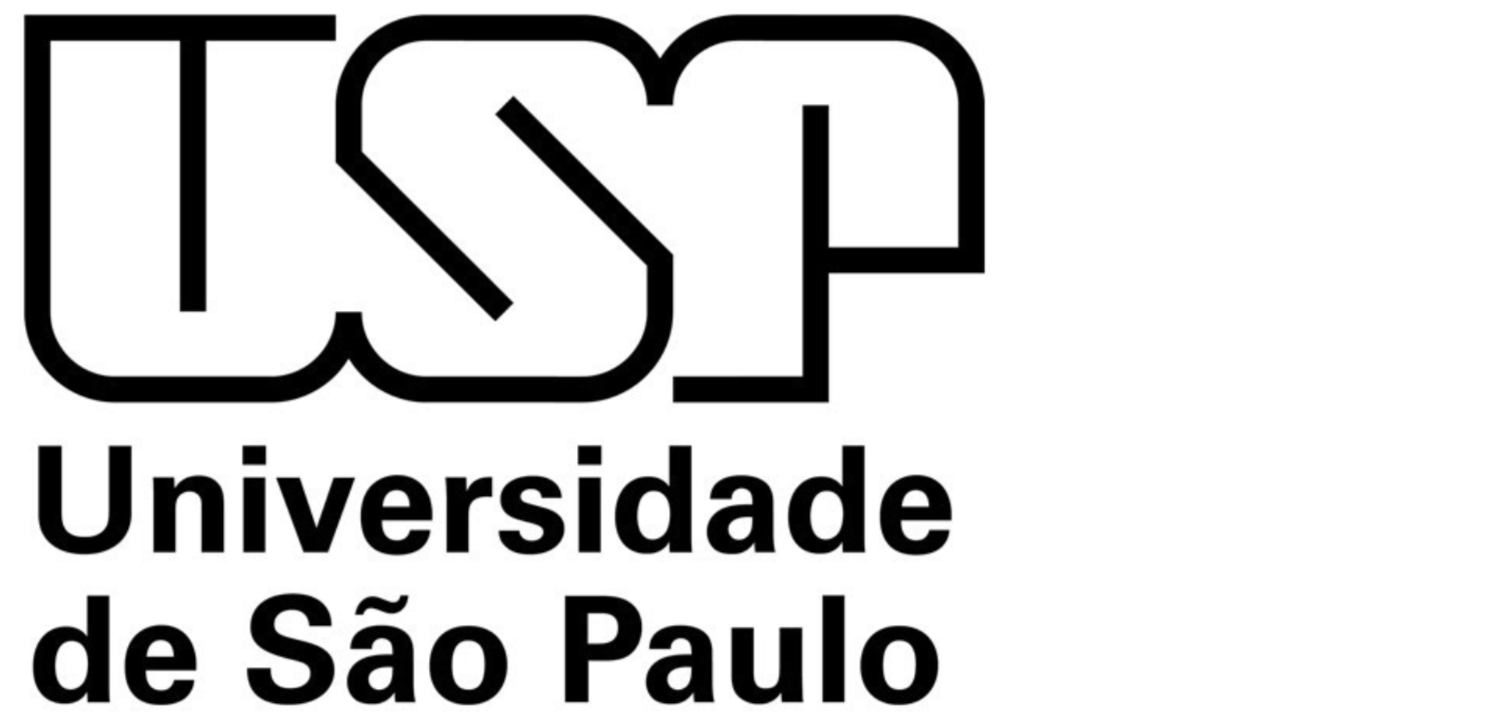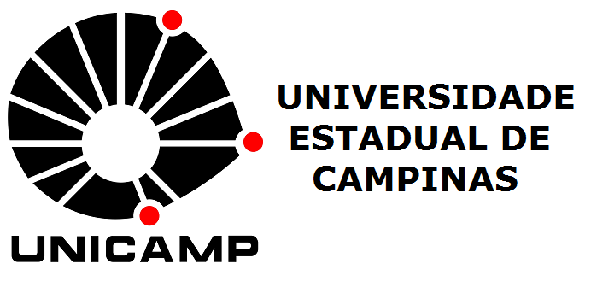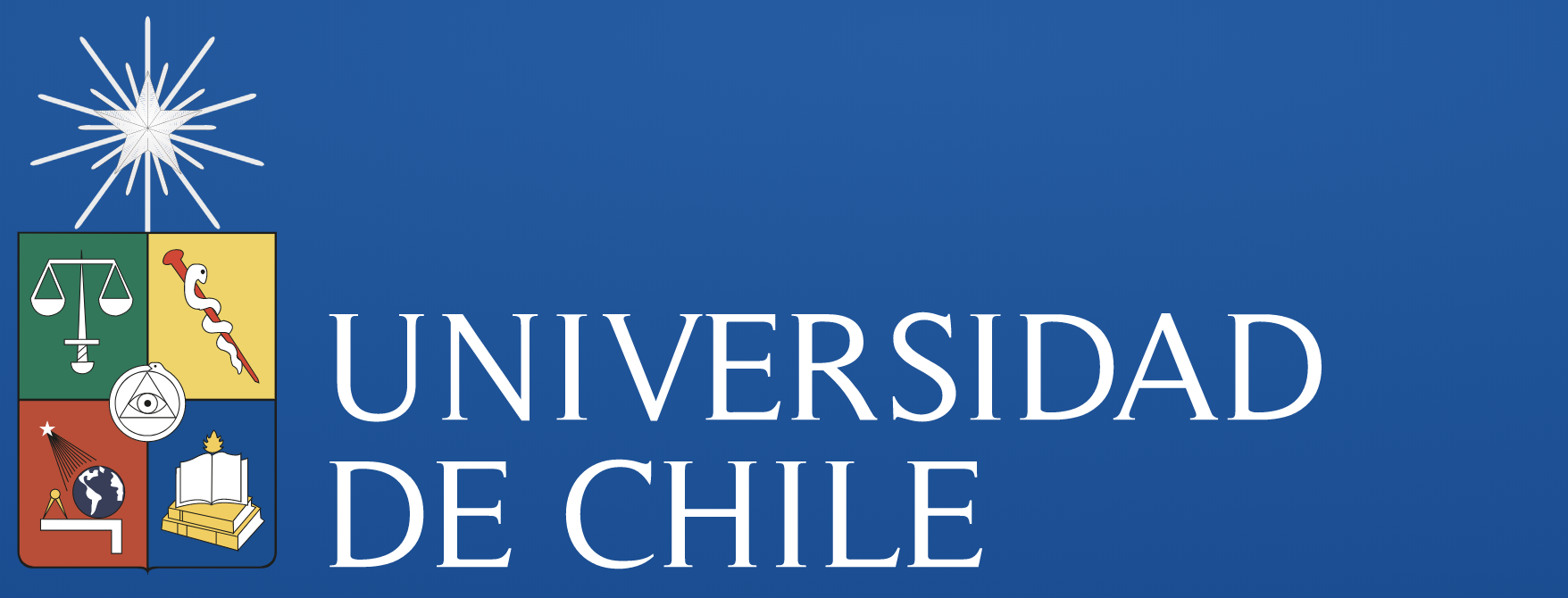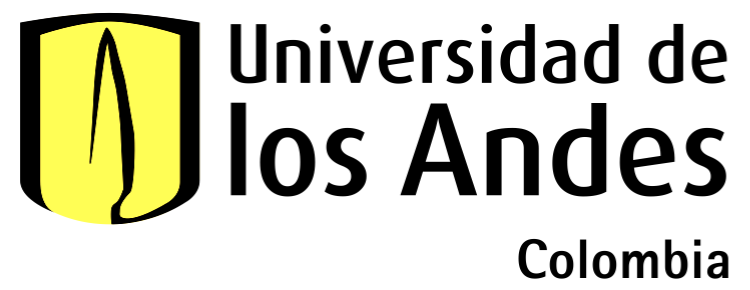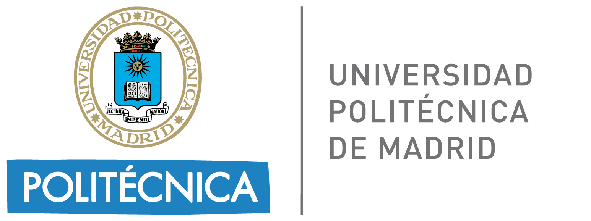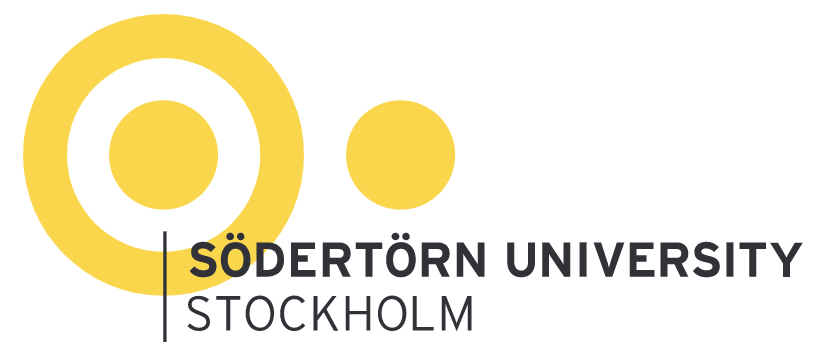Un approccio di integrazione nativa dell’inclusione nel meta-design – L’esperienza COmeta
DOI:
https://doi.org/10.69143/2464-9309/17252025Parole chiave:
meta-design, inclusività, intersezionalità, equità, consapevolezzaAbstract
L’articolo propone un approccio che integra meta-design e design inclusivo nel processo progettuale. Consapevole della complessità e dell’evoluzione del design nel contesto sociale e culturale, questo approccio è parte di una ricerca di Dottorato in corso, che intende definire l’inclusività in maniera ampia e contestualizzata e proporre un metodo per introdurla nei processi di ricerca e di formazione per le future generazioni di designer più consapevoli. L’obiettivo è sviluppare e validare pratiche di ricerca per favorirne l’applicazione in altri contesti formativi e professionali, promuovendo una visione del design che valorizzi la diversità fin dalle fasi preliminari del processo progettuale. Integrare la dimensione inclusiva nel meta-design, ovvero nelle attività di ricerca che definiscono il senso e la direzione di un progetto, consente di anticipare riflessioni che spesso vengono affrontate solo nelle fasi finali o ridotte ad aspetti secondari. Un cambiamento di questo tipo, come dimostrato dalle prime evidenze empiriche presentate nel paper, richiede un impegno iterativo di riflessione e revisione critica e culturale.
Info sull'articolo
Ricevuto: 25/03/2025; Revisionato: 17/04/2025; Accettato: 21/04/2025
Downloads
##plugins.generic.articleMetricsGraph.articlePageHeading##
Riferimenti bibliografici
Arquilla, V. and Caruso, F. (2024), “An exploration of metadesign and a reflection on its actualisation for fostering inclusivity”, in Broadbent, S. and Ferraris, S. D. (eds), Embracing change and supporting transitions – Approaches to systemic change in products, services and systems, FrancoAngeli, Milano, pp. 145-161. [Online] Available at: series.francoangeli.it/index.php/oa/catalog/view/1220/1291/6861 [Accessed 21 April 2025].
Arquilla, V., Simonelli, G., Genco, D. and Guaricci, F. (2019), “Innovative learning in metadesign – An inclusive and on-field didactic and research approach for designing meaningful products and services for autistic people”, in Gómez Chova, L. (ed.), INTED2019 Proceedings – 13th Annual International Technology, Education and Development Conference, Valencia, Spain, March 11-13, 2019, IATED Academy, Valencia, pp. 8983-8992. [Online] Available at: doi.org/10.21125/inted.2019.2236 [Accessed 21 April 2025].
Bardzell, S. (2010), “Feminist HCI – Taking stock and outlining an agenda for design”, in Mynatt, E., Fitzpatrick, G., Hudson, S., Edwards, K. and Rodden, T. (eds), CHI’10 – Conference Proceedings – The 28th Annual CHI Conference on Human Factors in Computing Systems, Atlanta, Georgia, April 10-15, 2010, Association for Computing Machinery, New York, pp. 1301-1310. [Online] Available at: doi.org/10.1145/1753326.1753521 [Accessed 21 April 2025].
Berry, A. H., Collie, K., Laker, P. A., Noel, L.-A., Rittner, J., Walters, K. and Louissant, R. (2022), The Black Experience in Design – Identity, Expression and Reflection, Allworth Press, New York.
Bound, J., Brown, C. and Mathiowetz, N. (2001), “Measurement Error in Survey Data”, in Heckman, J. J. and Leamer, E. (eds), Handbook of Econometrics, vol. 5, Elsevier, Amsterdam, pp. 3705-3843. [Online] Available at: doi.org/10.1016/S1573-4412(01)05012-7 [Accessed 21 April 2025].
Buckley, C. (2020), “Made in Patriarchy II – Researching (or Re-Searching) Women and Design”, in Design Issues, vol. 36, issue 1, pp. 19-29. [Online] Available at: doi.org/10.1162/desi_a_00572 [Accessed 21 April 2025].
Collins, P. H. (2017), “La diferencia que crea el poder – Interseccionalidad y profundización democrática”, in Investigaciones Feministas, vol. 8, issue 1, pp. 19-39. [Online] Available at: doi.org/10.5209/INFE.54888 [Accessed 21 April 2025].
Collins, P. H. (2000), Black Feminist Thought – Knowledge, Consciousness, and the Politics of Empowerment, Routledge, New York.
Costanza-Chock, S. (2020), Design Justice – Community-Led practices to build the worlds we need, The MIT Press, Cambridge (MA).
Crenshaw, K. (1989), “Demarginalising the Intersection of Race and Sex – A Black Feminist Critique of Antidiscrimination Doctrine, Feminist Theory and Antiracist Politics”, in University of Chicago Legal Forum, vol. 1989, issue 1, article 8, pp. 139-167. [Online] Available at: chicagounbound.uchicago.edu/cgi/viewcontent.cgi?article=1052&context=uclf [Accessed 21 April 2025].
D’Ignazio, C. and Klein, L. F. (2020), Data Feminism, The MIT Press, Cambridge (MA). [Online] Available at: doi.org/10.7551/mitpress/11805.001.0001 [Accessed 21 April 2025].
Del Gaudio, C. and Chopra, M. (2023), “Unpacking Dominant Design – A critical analysis of power and dominant discourse in Design”, in De Sainz Molestina, D., Galluzzo, L., Rizzo, F. and Spallazzo, D. (eds), Life-Changing Design – Proceedings of the 10th Congress of the International Association of Societies of Design Research (IASDR 2023), Milan, Italy, October 9-13, 2023, Design Research Society, London, pp. 1-8. [Online] Available at: doi.org/10.21606/iasdr.2023.844 [Accessed 21 April 2025].
Del Gaudio, C., Franzato, C. and De Oliveira, A. J. (2020), “Co-design for democratising and its risks for democracy”, in CoDesign | International Journal of CoCreation in Design and the Arts, vol. 16, issue 3, pp. 202-219. [Online] Available at: doi.org/10.1080/15710882.2018.1557693 [Accessed 21 April 2025].
Deserti, A., Meroni, A. and Raijmakers, B. (2018), “Learning and practicing in service design”, in Meroni, A., Ospina Medina, A. M. and Villari, B. (eds), Service Design Proof of Concept – Proceedings of the ServDes2018 Conference, Milan, Italy, June 18-20, 2018, Linköping Electronic Conference Proceedings No. 150, Linköping University Electronic Press, Linköping, Sweden, pp. 1-12. [Online] Available at: re.public.polimi.it/handle/11311/1074816 [Accessed 21 April 2025].
Donahue, S. J. and Gheerawo, R. (2021), Inclusive Design 2.0 – Evolving the Approach and Meeting New Challenges. [Online] Available at: researchgate.net/publication/347909509_Inclusive_Design_20_Evolving_the_ Approach_and_Meeting_New_Challenges_Updated_Publication_Version [Accessed 21 April 2025].
Fischer, G., Fogli, D. and Piccinno, A. (2017), “Revisiting and broadening the meta-design framework for end-user development”, in Paternò, F. and Wulf, V. (eds), New Perspectives in End-User Development, Springer, Cham, pp. 61-97. [Online] Available at: doi.org/10.1007/978-3-319-60291-2_4 [Accessed 21 April 2025].
Flesler, G., Neidhardt-Mokoena, A. and Ober, M. (2021), “Not a toolkit – A Conversation on the Discomfort of Feminist Design Pedagogy”, in Mareis, C. and Paim, N. (eds), Design Struggles – Intersecting Histories, Pedagogies, and Perspectives, Valiz Publishers, Amsterdam, pp. 205-225.
Freire, P. (2000), Pedagogy of the oppressed, Continuum, New York.
Giaccardi, E. (2005), “Metadesign as an emergent design culture”, in Leonardo, vol. 38, issue 4, pp. 342-349. [Online] Available at: doi.org/10.1162/0024094054762098 [Accessed 21 April 2025].
Goodwill, M., Bendor, R. and van der Bijl-Brouwer, M. (2021), “Beyond Good Intentions – Towards a Power Literacy Framework for Service Designers”, in International Journal of Design, vol. 15, issue 3, pp. 45-59. [Online] Available at: ijdesign.org/index.php/IJDesign/article/view/4120 [Accessed 21 April 2025].
Hill, L. G. (2019), “Back to the future – Considerations in use and reporting of the retrospective pretest”, in International Journal of Behavioral Development, vol. 44, issue 2, pp. 184-191. [Online] Available at: doi.org/10.1177/0165025419870245 [Accessed 21 April 2025].
Holmes, K. (2020), Mismatch – How inclusion shape design, The MIT Press, Cambridge (MA).
hooks, b. (1994), Teaching to transgress – Education as the practice of freedom, Routledge, New York.
Kaplan, K. (2017), “Facilitating an Effective Design Studio Workshop”, in Nielsen Norman Group, 02/07/2017. [Online] Available at nngroup.com/articles/facilitating-design-studio-workshop/ [Accessed 21 April 2025].
Koskey, K. L. K., Sondergeld, T. A., Stewart, V. C. and Pugh, K. J. (2018), “Applying the mixed methods instrument development and construct validation process – The transformative experience questionnaire”, in Journal of Mixed Methods Research, vol. 12, issue 1, pp. 95-122. [Online] Available at: doi.org/10.1177/1558689816633310 [Accessed 21 April 2025].
Leitão, R. and Noel, L.-A. (2022), “Special Forum – Designing a World of Many Centers”, in Design and Culture, vol. 14, issue 3, pp. 247-253. [Online] Available at: doi.org/10.1080/17547075.2022.2110796 [Accessed 21 April 2025].
Leitão, R. M. (2020), “Pluriversal design and desire-based design – Desire as the impulse for human flourishing”, in Leitão, R. M., Noel, L.-A. and Murphy, L. (eds), Pivot 2020 – Designing a World of Many Centers – Virtual Conference Proceedings, June 4, 2020, Design Research Society, London, pp. 2-14. [Online] Available at: doi.org/10.21606/pluriversal.2020.011 [Accessed 21 April 2025].
Lupton, E., Kafei, F., Tobias, J., Halstead, J. A., Sales, K., Xia, L. and Vergara, V. (2021), Extra Bold – A Feminist, Inclusive, Anti-racist, Nonbinary Field Guide for Graphic Designers, Princeton Architectural Press, New York.
Martins, L. (2014), “Privilege and Oppression – Towards a Feminist Speculative Design”, in Lim, Y., Niedderer, K., Redström, J., Stolterman, E. and Valtonen, A. (eds), Design’s Big Debates – Pushing the Boundaries of Design Research – DRS International Conference 2014, Umeå, Sweden, June 16-19, 2014, Umeå Institute of Design, Umeå, pp. 980-990. [Online] Available at: dl.designresearchsociety.org/drs-conference-papers/drs2014/researchpapers/75/ [Accessed 21 April 2025].
Norman, D. A. (2023), Design for a Better World – Meaningful, Sustainable, Humanity Centered, The MIT Press, Cambridge (MA).
Place, A. (2022), “Design as a practice of care – Feminist perspectives on preventing harm and promoting healing through design”, in Lockton, D., Lenzi, S., Hekkert, P., Oak, A., Sádaba, J. and Lloyd, P. (eds), Proceedings of DRS2022 Bilbao – Design Research Society International Conference, Bilbao, Spain, June 25 – July 3, 2022, Design Research Society, London, pp. 1-16. [Online] Available at: doi.org/10.21606/drs.2022.713 [Accessed 21 April 2025].
Place, A. (ed.) (2023), Feminist Designer – On the Personal and the Political in Design, The MIT Press, Cambridge (MA).
Porfirione, C., Ferrari Tumay, X. and Leggiero, I (2024), “Conoscenza, innovazione e cambiamento – Il potere dell’errore nel design e nei sistemi complessi | Knowledge, innovation, and change – The power of error in design and complex systems”, in Agathón | International Journal of Architecture, Art and Design, vol. 16, pp. 232-241. [Online] Available at: doi.org/10.19229/2464-9309/16202024 [Accessed 21 April 2025].
Prochner, I. (2024), Designing for Sex and Gender Equity – Design research for change, Routledge, London.
Shaw, J (2019), Towards an Intersectional Praxis in Design. [Online] Available at: openresearch.ocadu.ca/id/eprint/2856/# [Accessed 21 April 2025].
Treviranus, J. (2018), The three dimensions of inclusive design – A design framework for a digitally transformed and complexly connected society, PhD Thesis, University College Dublin, Dublin (Ireland). [Online] Available at: openresearch.ocadu.ca/id/eprint/2745/ [Accessed 21 April 2025].
Wachter-Boettcher, S. (2018), Technically Wrong – Sexist app, biased algorithms and other threats of toxic tech, W. W. Norton & Company, New York.
Yetiş, E. Ö. and Bakırlıoğlu, Y. (2024), “Dis/re-orienting design through norm-critical gender lenses – An educational case in Turkey”, in Frontiers in Sociology, vol. 9, article 1341091, pp. 1-16. [Online] Available at: doi.org/10.3389/fsoc.2024.1341091 [Accessed 21 April 2025].
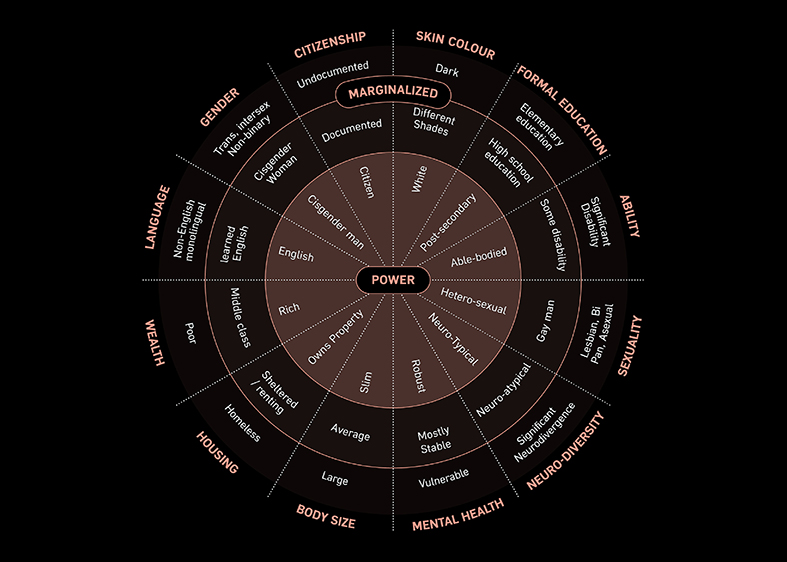
##submission.downloads##
Pubblicato
Come citare
Fascicolo
Sezione
Categorie
Licenza
Copyright (c) 2025 Venanzio Arquilla, Federica Caruso

TQuesto lavoro è fornito con la licenza Creative Commons Attribuzione 4.0 Internazionale.
AGATHÓN è pubblicata sotto la licenza Creative Commons Attribution License 4.0 (CC-BY).
License scheme | Legal code
Questa licenza consente a chiunque di:
Condividere: riprodurre, distribuire, comunicare al pubblico, esporre in pubblico, rappresentare, eseguire e recitare questo materiale con qualsiasi mezzo e formato.
Modificare: remixare, trasformare il materiale e basarti su di esso per le tue opere per qualsiasi fine, anche commerciale.
Alle seguenti condizioni
Attribuzione: si deve riconoscere una menzione di paternità adeguata, fornire un link alla licenza e indicare se sono state effettuate delle modifiche; si può fare ciò in qualsiasi maniera ragionevole possibile, ma non con modalità tali da suggerire che il licenziante avalli l'utilizzatore o l'utilizzo del suo materiale.
Divieto di restrizioni aggiuntive: non si possono applicare termini legali o misure tecnologiche che impongano ad altri soggetti dei vincoli giuridici su quanto la licenza consente di fare.
Note
Non si è tenuti a rispettare i termini della licenza per quelle componenti del materiale che siano in pubblico dominio o nei casi in cui il nuovo utilizzo sia consentito da una eccezione o limitazione prevista dalla legge.
Non sono fornite garanzie. La licenza può non conferire tutte le autorizzazioni necessarie per l'utilizzo che ci si prefigge. Ad esempio, diritti di terzi come i diritti all'immagine, alla riservatezza e i diritti morali potrebbero restringere gli usi del materiale.














